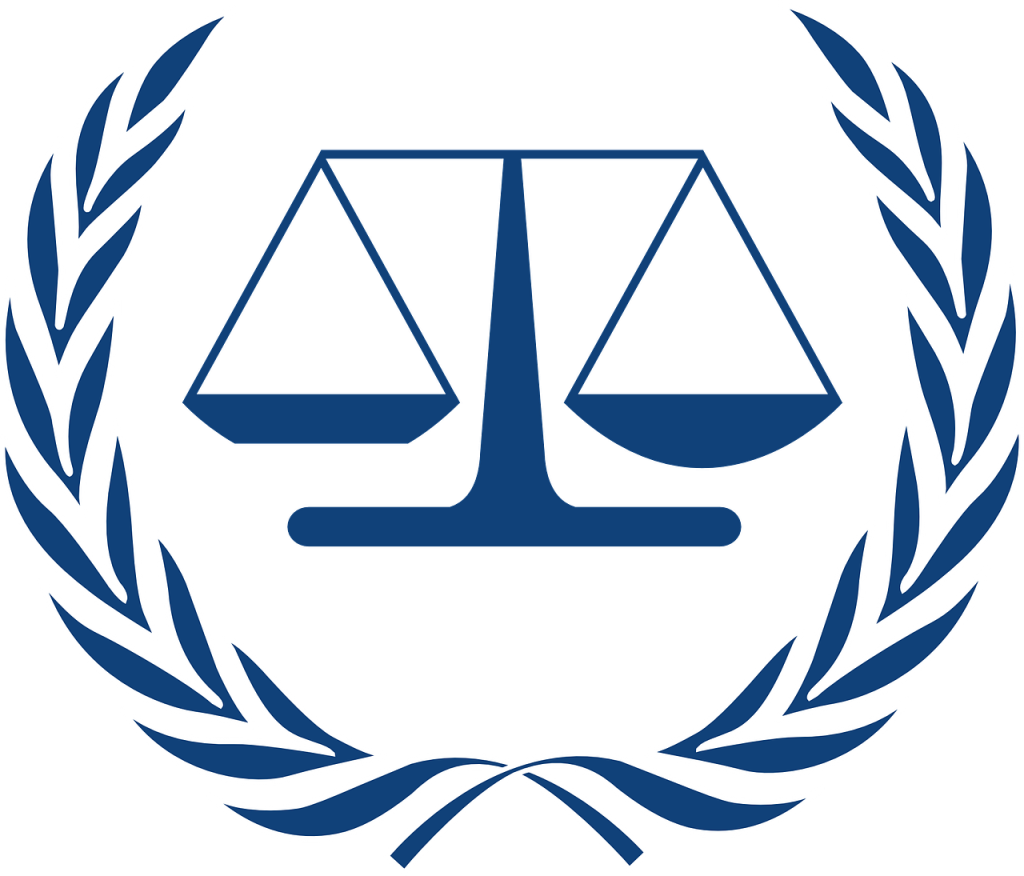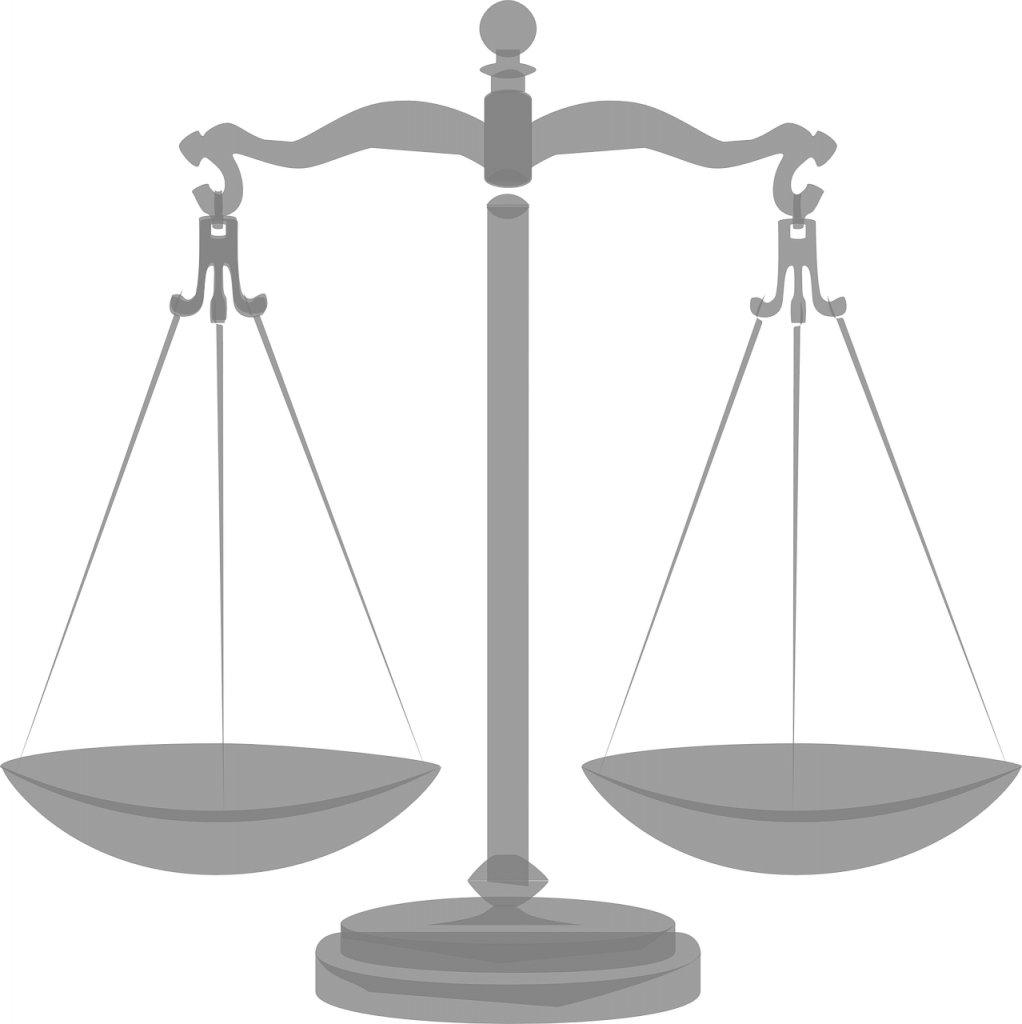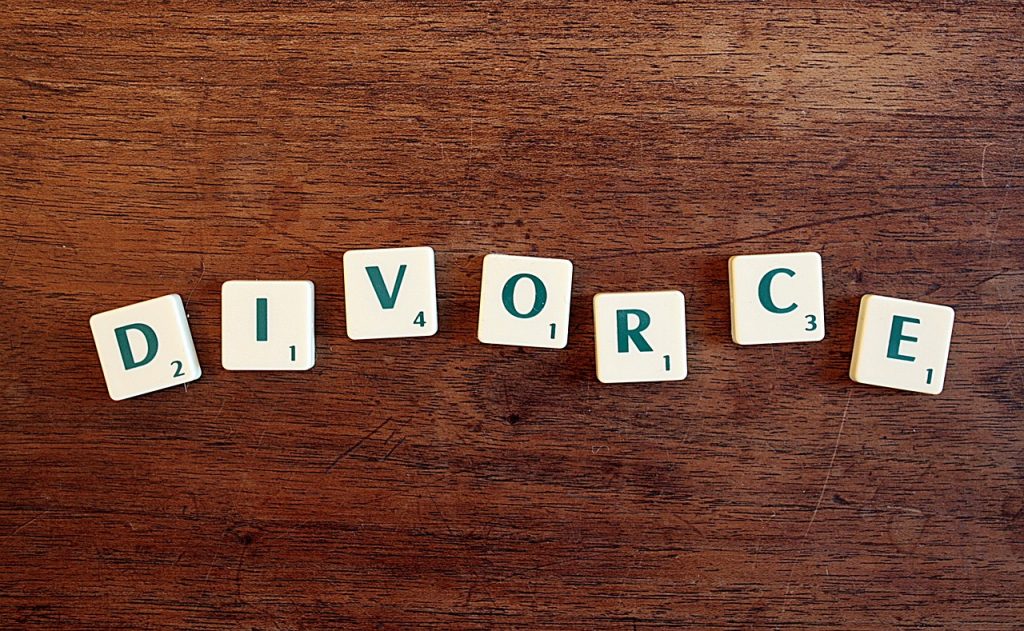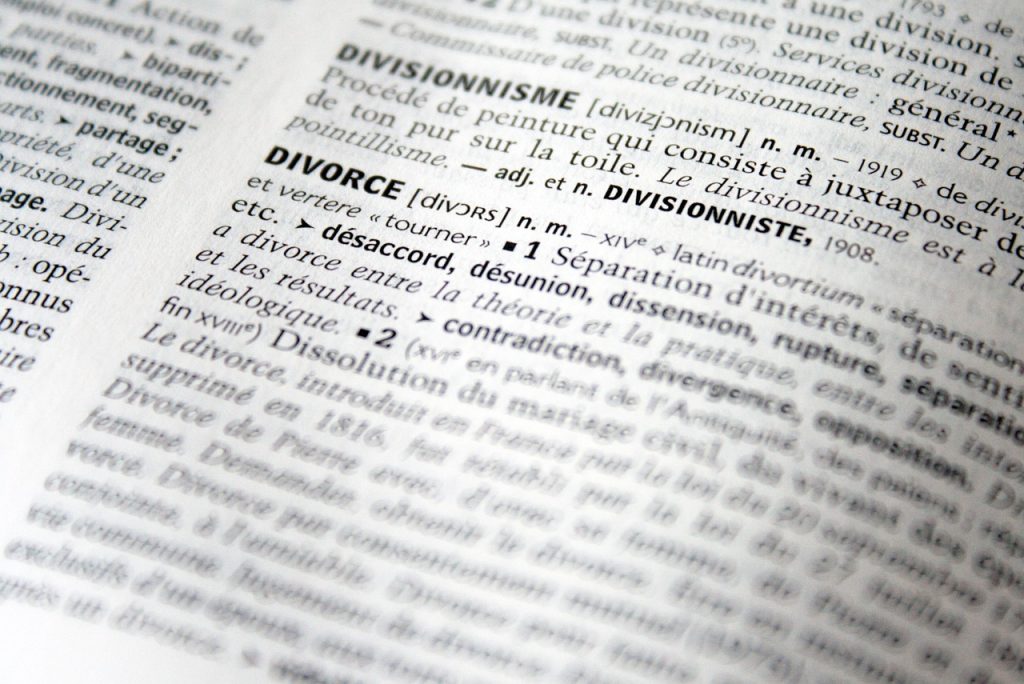Are you a parent in Utah seeking to protect your parental rights? Parental Rights Utah is here to provide you with valuable information and guidance. Our blog posts aim to address common legal concerns directly, reassuring and guiding you through the process. We understand the emotional connections involved in these matters and strive to create content that resonates with you. By optimizing our articles with keywords, we ensure that you can easily find the information you need. Don’t hesitate to contact the attorney listed on our website for more personalized assistance. Together, we can protect your rights as a parent.
Understanding Parental Rights in Utah
Parental rights, in the context of family law, refer to the legal rights and responsibilities that parents have towards their children. These rights include the ability to make decisions regarding the child’s welfare, as well as the right to have a relationship with the child. Understanding parental rights is crucial for all parents in Utah, as it ensures that they are aware of their legal status and obligations as parents.
Why are Parental Rights Important?
Parental rights play a vital role in the well-being and upbringing of children. They provide a legal framework for parents to make decisions about their child’s education, healthcare, and general welfare. Furthermore, parental rights also allow parents to form a meaningful and supportive relationship with their children, which is crucial for the child’s emotional and psychological development. By having clear parental rights, parents can ensure that they are involved in their child’s life and can act in their best interest.

Legal Framework for Parental Rights in Utah
In Utah, parental rights are established and protected under state laws. The legal framework lays out the rights and responsibilities of parents and ensures that these rights are upheld. The primary laws in Utah concerning parental rights are the Utah Code Title 30, Chapter 3, and the Utah Code Title 78B, which governs domestic relations. These statutes define the legal processes and criteria for establishing, terminating, and modifying parental rights.
Establishing Parental Rights in Utah
Marital Presumption of Paternity
In Utah, when a child is born to married parents, the law presumes that the husband is the child’s legal father. This presumption can be rebutted if it can be proven that someone else is the biological father. However, establishing paternity can be a complex process, and it is advisable to seek legal assistance to navigate through the necessary procedures effectively.
Voluntary Acknowledgment of Paternity
Unmarried parents can voluntarily establish parental rights by signing a Voluntary Acknowledgment of Paternity (VAP) form. This form is typically provided by the hospital at the time of the child’s birth but can also be obtained from the Utah Office of Vital Records. By signing the VAP form, both parents acknowledge the biological relationship to the child, which helps establish legal parental rights.
Genetic Testing and Paternity Determination
In cases where paternity is disputed, genetic testing can be conducted to determine the biological relationship between the alleged father and the child. Utah allows for court-ordered genetic testing to establish or disprove paternity. This testing can provide conclusive evidence of the father’s identity and help establish parental rights.
Termination of Parental Rights in Utah
Grounds for Termination
Parental rights can be terminated in certain circumstances where it is determined that the best interests of the child are not being met. These circumstances include cases of abuse, neglect, abandonment, or when the parent is deemed unfit to care for the child. The termination of parental rights is a serious matter and requires a legal process to ensure that the child is protected.
Involuntary Termination Process
In Utah, the involuntary termination of parental rights typically involves legal proceedings through the court system. The decision to terminate parental rights is made by a judge based on evidence presented in court. The court considers factors such as the child’s safety and welfare, the parent’s ability to meet the child’s needs, and any history of abuse or neglect.
Voluntary Relinquishment of Parental Rights
In some cases, a parent may choose to voluntarily relinquish their parental rights. This can occur when the parent believes it is in the best interest of the child or when they are unable to meet the child’s needs. Voluntary relinquishment requires the parent to go through a legal process and obtain court approval. It is essential to consult with an attorney to understand the implications and legal requirements of voluntarily relinquishing parental rights.
Custody and Visitation Rights in Utah
Types of Custody
In Utah, there are two main types of custody: physical custody and legal custody. Physical custody refers to where the child primarily resides, while legal custody relates to decision-making authority for the child. Custody can be awarded solely to one parent (sole custody) or shared between both parents (joint custody). The court considers various factors when determining custody arrangements, with the primary consideration being the best interests of the child.
Factors Considered in Custody Decisions
When determining custody arrangements, Utah courts evaluate several factors, including the child’s preference (if of sufficient age and maturity), the parents’ ability to provide a stable and nurturing environment, any history of domestic violence or child abuse, and the child’s relationship with each parent. The court aims to make decisions that are in the best interests of the child and promote their overall well-being.
Visitation Rights for Non-Custodial Parents
Non-custodial parents in Utah have the right to reasonable visitation with their child. Visitation, also known as parent-time, allows the non-custodial parent to spend time with the child according to a schedule agreed upon by both parents or determined by the court. Visitation schedules can vary depending on the child’s age, schedule, and the parents’ ability to cooperate. The court encourages both parents to maintain a meaningful and ongoing relationship with their child.

Parental Rights and Child Support in Utah
Legal Obligations for Child Support
In Utah, both parents have a legal obligation to financially support their child. The court determines the amount of child support based on the Utah Child Support Guidelines, which take into account factors such as each parent’s income, the number of children, and their specific needs. Child support is typically paid by the non-custodial parent to the custodial parent to ensure the child’s financial well-being.
Calculating Child Support Payments
The calculation of child support payments in Utah follows a specific formula outlined in the Utah Child Support Guidelines. This formula considers various factors, including each parent’s income, the child’s healthcare and educational expenses, and other relevant costs. It is essential to accurately calculate child support payments to ensure fairness and adequacy for the child’s needs.
Enforcement and Modification of Child Support Orders
Child support orders in Utah are legally binding, and failure to comply with these orders can result in enforcement actions. Enforcement measures may include wage garnishment, interception of tax refunds, suspension of driver’s license, or even contempt of court proceedings. Additionally, child support orders can be modified if there is a substantial change in circumstances, such as a significant change in income or the child’s needs. To enforce or modify child support orders, it is advisable to seek legal assistance.
Protecting Parental Rights in Utah Courts
Legal Representation for Parental Rights Cases
When dealing with parental rights issues in Utah, it is highly recommended to seek the guidance of an experienced family law attorney. A knowledgeable attorney can provide valuable legal advice, help navigate the court system, and protect your rights as a parent. They can advocate for your interests and guide you through the legal processes involved in establishing, modifying, or protecting your parental rights.
Gathering Evidence and Presenting Your Case
To effectively protect your parental rights in Utah courts, it is crucial to gather and present compelling evidence that supports your position. This evidence may include witness statements, financial records, school records, or any other relevant documents. Presenting a strong case requires careful preparation, attention to detail, and adherence to legal procedures. An attorney can help you compile the necessary evidence and present your case persuasively.
Appealing Court Decisions
If you disagree with a court decision regarding parental rights in Utah, you have the right to appeal. However, the process of appealing a court decision can be complex, and specific legal requirements must be followed. Seeking the guidance of an attorney who is experienced in family law appeals can help determine if there are grounds for appeal and guide you through the necessary steps.

Parental Rights for Unmarried Parents in Utah
Establishing Paternity
For unmarried parents in Utah, establishing paternity is essential to protect parental rights. In addition to signing a Voluntary Acknowledgment of Paternity (VAP) form, paternity can also be established through genetic testing if necessary. Establishing paternity ensures that both parents can exercise their rights and responsibilities towards their child.
Custody and Visitation Rights for Unmarried Parents
Unmarried parents in Utah have the same legal rights and responsibilities as married parents regarding custody and visitation. The court makes custody decisions based on the best interests of the child, considering factors such as the parents’ ability to provide a stable environment and the child’s relationship with each parent. Unmarried parents have the right to seek custody and visitation arrangements that promote the child’s well-being.
Rights and Obligations of Unmarried Parents
Unmarried parents in Utah have the same rights and obligations as married parents when it comes to their children. This includes the right to make decisions regarding the child’s welfare, the right to establish a meaningful relationship with the child, and the obligation to provide financial support. Understanding and asserting these rights and obligations is crucial for unmarried parents to ensure that their child’s best interests are protected.
Grandparent Rights in Utah
Understanding Visitation Rights for Grandparents
Under certain circumstances, grandparents in Utah may seek visitation rights with their grandchildren. Utah law recognizes the importance of the grandparent-grandchild relationship and allows grandparents to petition the court for visitation. However, the court will carefully consider the best interests of the child when determining if granting visitation rights to grandparents is appropriate.
Factors Considered in Granting Grandparent Visitation
When evaluating a petition for grandparent visitation, Utah courts consider various factors, including the prior relationship between the child and the grandparent, the child’s preference (if mature enough), the parents’ willingness to facilitate visitation, and the potential impact of visitation on the child’s overall well-being. The primary consideration remains the best interests of the child.
Challenging Grandparent Visitation Rights
If a grandparent has been granted visitation rights and there are circumstances that may warrant the modification or termination of those rights, the parent or guardian may choose to challenge the existing visitation order. This can be done by filing a motion with the court outlining the reasons for the requested modification or termination. It is crucial to seek legal guidance to navigate through the legal process effectively.
Common Legal Concerns for Parents in Utah
Child Custody Disputes
Child custody disputes can be emotionally challenging and legally complex. When parents cannot agree on custody arrangements, the court will intervene to make decisions that are in the best interests of the child. It is crucial to work with an attorney who can guide you through the dispute resolution process and advocate for your rights as a parent.
Parental Alienation
Parental alienation occurs when one parent deliberately undermines the child’s relationship with the other parent. This can have long-lasting negative effects on the child’s well-being and the parent-child relationship. If you suspect parental alienation, it is important to consult with an attorney who can help address the issue and take appropriate legal action to protect your rights as a parent.
Modification of Custody Orders
As circumstances and needs change over time, it may be necessary to modify existing custody orders. Common reasons for seeking a modification of custody orders include a significant change in the child’s needs, the relocation of one parent, or the inability of one parent to fulfill their custodial responsibilities. To modify custody orders, it is essential to work with an attorney who can guide you through the legal process and advocate for the best interests of the child.
Frequently Asked Questions about Parental Rights in Utah
Can a parent voluntarily terminate their parental rights in Utah?
Yes, a parent can voluntarily terminate their parental rights in Utah. However, this is a significant decision that requires careful consideration and a legal process. It is important to consult with an attorney to understand the implications and requirements of voluntary termination of parental rights.
How is child support determined in Utah?
Child support in Utah is determined based on the Utah Child Support Guidelines. These guidelines take into account various factors, including each parent’s income, the number of children, and the child’s specific needs. The calculations follow a specific formula outlined in the guidelines to ensure fairness and adequacy of child support payments.
Can grandparents seek custody or visitation rights in Utah?
Yes, under certain circumstances, grandparents in Utah can seek custody or visitation rights with their grandchildren. The court considers several factors, such as the nature of the grandparent-grandchild relationship and the child’s best interests when determining whether to grant custody or visitation rights to grandparents.
In conclusion, understanding parental rights is essential for all parents in Utah to ensure that they can fulfill their legal responsibilities and maintain a meaningful relationship with their children. Parental rights are established and protected under the legal framework in Utah, and there are specific processes and criteria for establishing, terminating, and modifying these rights. It is crucial to seek the guidance of an experienced family law attorney to navigate through the complexities of parental rights and ensure the best interests of the child are upheld.
Legal Consultation
When you need help from a lawyer call attorney Jeremy D. Eveland, MBA, JD (801) 613-1472 for a consultation.
Jeremy Eveland
17 North State Street
Lindon UT 84042
(801) 613-1472























